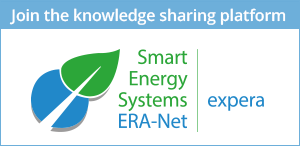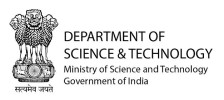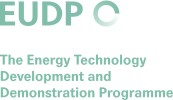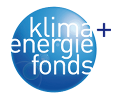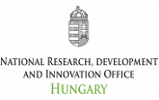CELL - Collaborative Energy Living Lab
DESCRIPTION
The Collaborative Energy Living Lab (CELL) drives innovation for cyber-physical energy systems in Switzerland. It provides a testbed for digital energy applications and power systems integration. In CELL, we develop and validate modern solutions for clean energy systems. CELL combines traditional power systems and microgrids competence with applied research in information and communication technology.
CELL has grown out of the successful Living Lab ‘iHomeLab’ on the Hochschule Luzern (HSLU) campus. The CELL concept is a modular, scalable living lab that combines facilities, expertise and partnerships across the university footprint.
CELL uses the Campus Ecosystem including an innovation park and other existing communities, e.g. https://www.am-aawasser.ch/, as real-life living labs for developing, testing and showcasing advanced technology and systems. CELL offers modular services to business, research and community partners.
AREAS OF SPECIAL COMPETENCE
- Data-driven algorithms and tools for power systems
- Distributed and edge analytics
- Interoperability and IoT Systems
- Smart meter communication
- Digital system architecture
- Integration of e-mobility, storage, heat and flexibility
WHAT CAN BE TESTED
CELL provides testing, validation and prototyping of:
• Interoperability of products / services
• ICT architectures and security, advanced grid / grid edge analytics, new protocols
• AI & control algorithms
• IoT, Energy Management & digital platforms for integrated community energy systems
• Innovative market models and behavior of market participants
AVAILABLE INFRASTRUCTURE
Smart meter, IoT and EV infrastructure, onsite PV. Market and AI sandboxes. Component validation platforms and BACNET test facility. Through our innovation park we offer access to mixed-energy communities and business model validation.
HOW TO GET STARTED WITH US
Contact: ihomelab@hslu.ch or +41413493599. A meeting will then be arranged to discuss the potential for cooperation and the application process for access to our validation network and support.
PRICING MODEL
Initial consultation & scoping is free of charge. Collaboration with partners is based on a defined agreement depending on specific arrangements within the project. Options for collaboration include, but are not limited to:
• Jointly accessing public & private funding
• Joint / Research service contract
• Platform / Infrastructure as a service

Horw, Lucerne, Switzerland
Responsible organisation(s): Lucerne University of Applied Sciences and Arts, Switzerland
Benjamin Bowler
Antonios Papaemmanouil
contact via expera
contact via b2match
